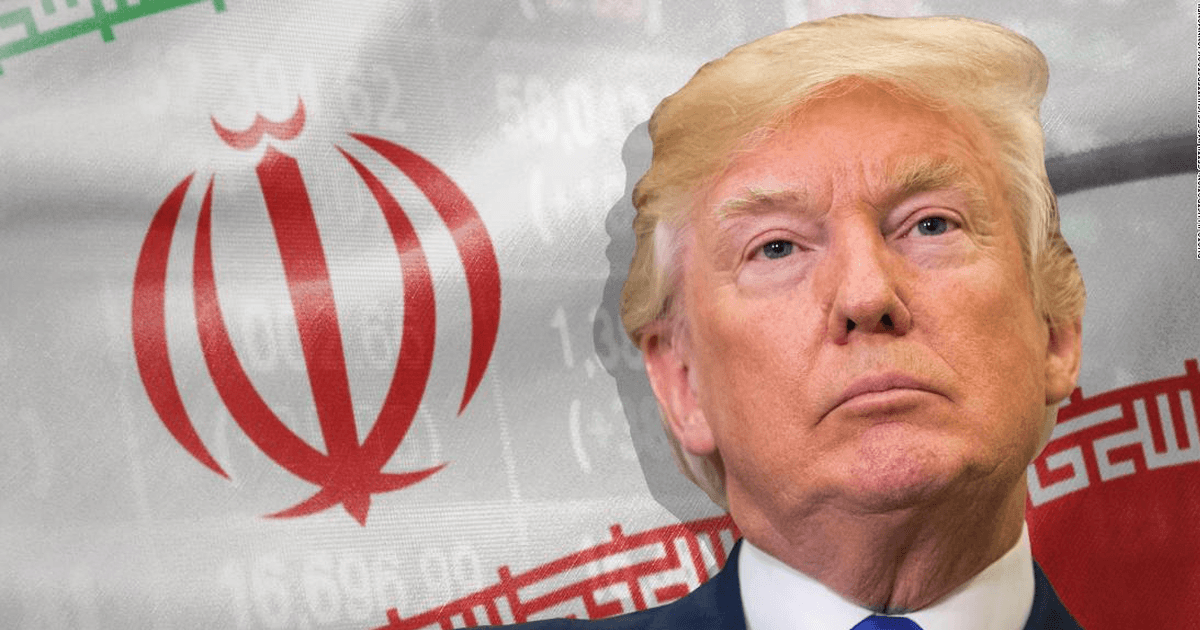Pakistan stands today at a crossroads where its military ruler, Field Marshal Asim Munir, appears to have chosen the oldest and deadliest game in the country’s playbook: the politics of division. Having run out of foreign enemies to exploit and with his legitimacy increasingly fragile at home, Munir seems to have turned inward, weaponising ethnicity and regional identity to sustain control. The latest official rhetoric from the military establishment paints Pashtuns, Afghans, and the people of Khyber Pakhtunkhwa (KP) as the problem, conveniently linking them with “Talibanisation” and internal insecurity.
The DG ISPR, Munir’s official mouthpiece, has gone as far as blaming the PTI’s rule in KP since 2014 and Imran Khan’s alleged “pro-Afghan” stance for emboldening militancy. The narrative is familiar, but its timing and intensity reveal something darker. The country’s most powerful man is recasting a domestic political crisis as an ethnic and security one, dividing Pakistanis to justify further militarisation of national life.
The Manufacture of a New Enemy
It is not difficult to see why Asim Munir needs this narrative. The traditional bogeyman, India, has lost its utility. India’s global economic rise and successful diplomacy have repositioned it as an investment opportunity, rather than a pariah. Its narrative about Pakistan’s use of terrorism as state policy has found mainstream acceptance in global forums. For decades, India-bashing was the emotional glue that held Pakistan’s establishment narratives together. Now that the world’s gaze is fixed elsewhere, Munir has turned inward, manufacturing a new “enemy within.”
This time, the convenient scapegoat is the Pashtun belt, the same population that bore the brunt of Pakistan’s “war on terror” for two decades. Now, the narrative suggests that these very people, and their political leadership in KP, have somehow facilitated extremism. The underlying goal is simple: to delegitimise political opposition, especially Imran Khan’s PTI, whose strongest base remains among the Pashtun population, while framing state repression as a “security necessity.”
Fear as a Governing Strategy
Munir’s domestic weakness explains the aggression. He is perhaps one of the most unpopular military rulers in Pakistan’s recent history, presiding over a broken economy, a censored media, and a deeply polarised nation. His problem is not a lack of control, but rather a lack of legitimacy. While his predecessors, from Musharraf to Raheel Sharif, sought public adulation, Munir appears to rely on fear alone. Soldiers may not respect him, but they fear him; politicians certainly do. It is fear, not affection, that keeps his empire afloat.
Unlike generals before him who craved civilian applause, Munir’s politics is stripped of sentiment. He is not seeking to be liked; he only needs to be obeyed. His purge of generals, involving court-martialing, sidelining, or placing them under house arrest, has solidified his internal power, but it has also exposed his paranoia. The Field Marshal even appears to live in physical and psychological armour, reportedly wearing a bulletproof vest to meetings where previous chiefs would walk unguarded. It is the reflex of a man who knows he rules through fear, not consent.
Imran Khan and the Politics of Representation
Standing opposite this machinery of control is Imran Khan, the man Munir cannot defeat, even behind bars. Despite being imprisoned for nearly two years and facing hundreds of politically motivated cases, Khan’s popularity remains undented, particularly in KP. His politics now rests on representation: giving voice to those whom the establishment has long treated as expendable.
His decision to remove KP Chief Minister Ali Amin Gandapur for being too accommodating toward the military and to nominate Sohail Afridi, a young lawmaker from the tribal district of Khyber, as his replacement, is both symbolic and strategic. It re-centres the narrative on the grievances of KP’s people, who have suffered the consequences of endless “operations” without seeing peace, development, or justice.
Read more: When the State Bombs Its Own People: Gandapur’s Evasion of Duty Must End
Afridi’s appointment challenges the military’s monopoly on defining national security. It also resonates deeply among the Pashtun youth, who are increasingly sceptical of the state’s claim that bombing their own villages is the price of safety. In their lived experience, the “anti-terror” campaigns have yielded little more than displacement, loss, and humiliation.
The Militarisation of Everything
What makes Munir’s moment particularly perilous is that he has fused political control with institutional obedience. The judiciary, once a potential check, is now neutered. Judges who dare question military overreach face transfer, resignation, or silent exile. The police and intelligence agencies have been turned into tools for political suppression, arresting activists, censoring journalists, and silencing dissent under the guise of “national security.”
The 2024 elections, marred by blatant rigging, symbolised the death of electoral legitimacy. A government propped up by the barracks can neither deliver policy nor claim a popular mandate. Instead, it governs through decrees and arrests. The media, meanwhile, survives by self-censorship; its journalists whisper what they once shouted. Those who speak too loudly, like Arshad Sharif before his murder, serve as chilling reminders of what happens when truth crosses the line of convenience.
Turning the Gun Inward
Munir’s tactic of painting KP as a “breeding ground of extremism” serves another purpose: it justifies the continuation of military operations that have failed to achieve peace for two decades. Each bombing or drone strike that kills civilians is explained away as a “counter-terror” success, even as resentment festers. The military establishment insists these operations are “constitutional,” but the reality is that no part of Pakistan’s law or international humanitarian law permits indiscriminate aerial attacks on domestic populations.
By blaming KP’s people for their own suffering, the regime absolves itself of accountability. The script is tragically familiar: the military claims to be saving the state, even as it weakens the very foundations of citizenship and belonging. In the long term, this will only breed more alienation and perhaps new forms of radical resistance.
The Crack in the Armour
For now, Munir appears untouchable. His promotion to Field Marshal, his manipulation of courts and politicians, and his recent meetings with foreign leaders like Donald Trump suggest that international powers are willing to tolerate him for the sake of “stability.” Yet beneath the medals and photo-ops lies a deep insecurity.
His meeting with Trump was emblematic. The image of Munir presenting stones and minerals from Pakistan to Trump, while symbolically awkward, was historically loaded. In Islamic tradition, when a general presents soil from his homeland to a foreign ruler, it carries the connotation of submission, a symbolic offering of sovereignty. Centuries ago, when a Persian general sent soil to Caliph Umar (RA), the Caliph interpreted it as a sign that Persia had already surrendered. In that light, the Field Marshal’s gesture at the Oval Office seemed less like diplomacy and more like symbolic surrender.
Yet for all the spectacle, the photo could not mask the unease. Munir’s visible security gear, his tense posture, and the desperate optics of “statesmanship” betrayed his inner fear. Dictators may control armies, but they cannot control legitimacy.
The Growing Discontent
The Field Marshal’s propaganda may keep the narrative intact for now, but Pakistan’s internal fractures are widening. From Balochistan to the tribal districts, disillusionment runs deep. Protests in Gilgit-Baltistan, strikes in the AJK region, and rising unemployment across Punjab are all signs of a society fraying under economic despair. The myth of Pakistan as a “fortress of Islam” no longer inspires; hunger and hopelessness have replaced it. The growing sense of alienation, especially among the youth, is a time bomb ticking beneath the surface. If every dissenting voice is branded anti-state, then one day, the state will find itself without any citizens left to defend it.
Conclusion: Fear Can Rule, But Not Forever
Pakistan’s tragedy is that every generation gets a new general who promises stability and delivers chaos. Asim Munir may have secured his position until 2030, but his rule is built on a shrinking base of fear, not faith. He may open new fronts, against Iran, Afghanistan, or imaginary internal enemies, to keep his army engaged and the nation distracted. But no number of drone strikes, photo-ops, or televised briefings can erase the reality of a broken economy and a disillusioned population.
The Field Marshal’s uniform may shine, but beneath the armour lies fragility—a ruler haunted by the ghost of his own illegitimacy. Pakistan’s story has been written in the language of coups and crackdowns for too long. Yet even in the darkness, resistance flickers. As long as Imran Khan’s voice echoes from behind prison walls, as long as people in KP and beyond dare to remember what representation means, the idea of a free Pakistan is not yet dead.
History shows that dictatorships always end the same way, not with a bang, but with a whisper, when fear finally loses its effectiveness.
The author served as Advisor to PM Imran Khan on Interior and Accountability. He is a prominent political commentator based in the UK.













